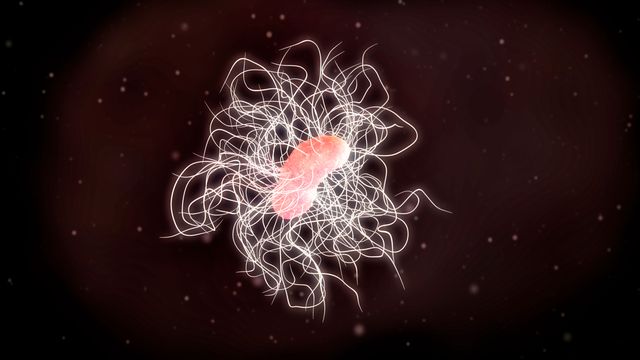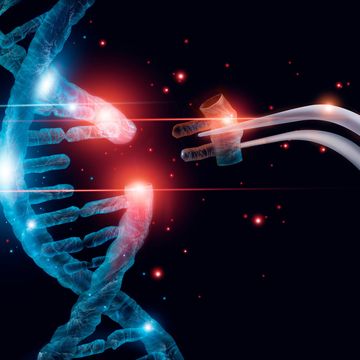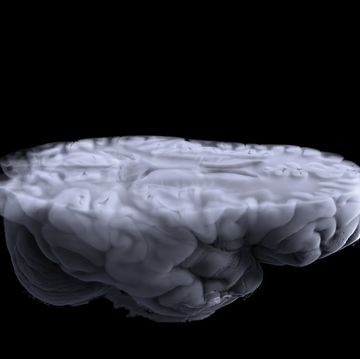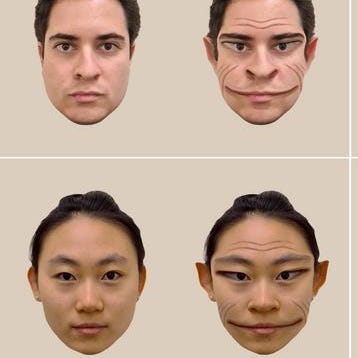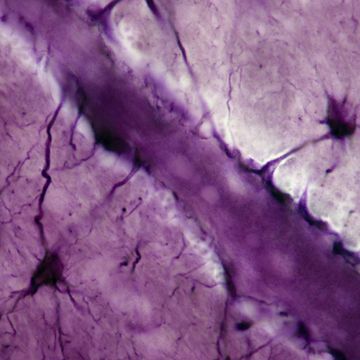It’s a weird time for microbes, a sort of interspecies interregnum in which humans have realized that microbes hold way more power than we previously thought but haven’t yet wrested any of it back for ourselves. Over the past several years, studies have implicated the community of bacteria in the human gut in pretty much every terrifying malady that cannot currently be reliably prevented or cured (see: autism, cancer, neurodegenerative disease). So far, it’s pretty clear that exterminating the entire internal rain forest with antibiotics is a poor choice, but what else are we supposed to do?
Eat kimchi and cross our fingers? For now, [checks notes] yes. But in a few years, everything is going to change. “There’s been a lot of interest in manipulating the microbiome to help with disease, and there are probably close to 100 biotech companies that have initiated programs to exploit this space,” says Ramnik Xavier, codirector of the Infectious Disease and Microbiome Program at the Broad Institute of MIT and Harvard.
Xavier says pharma companies are trying four approaches simultaneously: replacing natural microbial communities that are screwed up in such conditions as inflammatory bowel disease; killing or removing hyperspecific species of bacteria, such as antibiotic-resistant MRSA; synthetically engineering bacteria to deliver whatever is missing or changed in a person’s microbiome; or replacing molecules that scientists have learned gut bacteria make that modulate the brain or immune system.
Establishing these drug platforms will be one of the first powerful steps toward eradicating some of the major Western lifestyle diseases, like diabetes and cardiovascular disease, limited only by how much we can learn about the bacterial mechanisms that influence each condition. “Obviously the challenge is going to be to understand the biology behind these diseases rather than rushing to find a short-term fix,” says Xavier. “But I think it’s going to have a huge impact.”
Leading the way is a new biotech company out of Denmark called Snipr Biome, which just raised $50 million in a Series A to use Crispr—that real-time gene-editing technology that a Chinese scientist was recently using to manipulate embryos—to take out disease-causing species of bacteria like a sniper (or a snipper, depending on your sensibilities and skill at Wheel of Fortune). “It sounds very futuristic, and it is very elegant,” says Christian Grøndahl, Snipr’s CEO. “It doesn’t necessarily have to take that long. We think we could make it into the first clinical trials in two years.”
Xavier believes the first treatments in the microbiome space will likely fight Clostridium difficile infections—bacterial stomach disease that can gain a foothold during overuse of antibiotics, affecting half a million Americans every year. Previously, doctors discovered they could fight C. diff by reconstituting patients’ microbiomes through fecal transplants—essentially, natural microbiome pills made of poop.
Poop pills were a monumental advance in digestive medicine, but they’re nothing compared to what’s next.
This article appeared in the June 2019 issue of Popular Mechanics. You can subscribe here.
